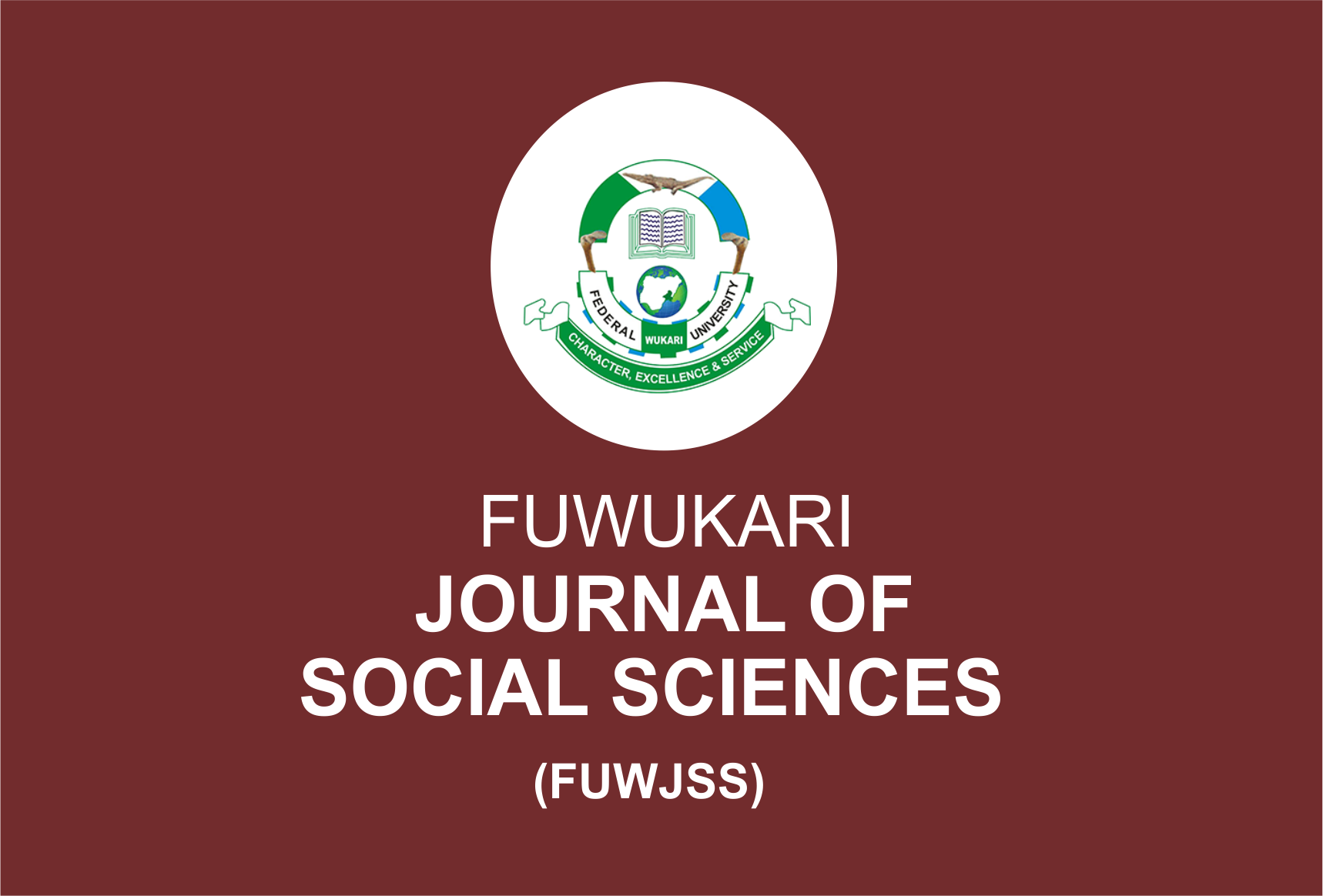Dynamics of Post-Cold War and Changing Global Political Economy
Ikenna Ukpabi Unya, Christopher Ike Uhere, Kelechi Unya Okocha
Keywords: Cold war, global politics, political economy, Soviet Union, isolationism
Abstract
The erstwhile Union of Soviet Socialist Republics (USSR) and the United States of America emerged from the Second World War of 1945 as two dominant World’s superpower nations. The Union began a power grab for supremacy in Eastern Europe. The West led by the United States of America began frantically to defend their interests from the threats posed by the communist expansion. This power tussle, in the history of warfare, is referred to as the Cold War, and resulted in most of Eastern Europe coming under the control of the communist Soviet Union. This paper examines the historical origin of the Cold War, highlighting the impact of the collapse of the Soviet Union on the global political economy. The study relied on secondary sources which include books, journal articles and internet materials. The study’s findings indicate that the collapse of the Soviet Union is not the end of the communist regime globally, as China benefited from the collapse in the sense that it has enabled China to modernize and integrate the economic models of the West. The paper concludes that the current Russian and Ukrainian war has linkage to the collapse of the Soviet Union and this is altering geopolitical dynamics across the world with immediate and remote effects on national economies. Consequently, the disintegration of the Soviet Union should teach global political leaders that political and economic reforms should not be dependent on external powers.
Author Biography
Ikenna Ukpabi Unya, PhD
History Unit, School of General Studies
Michael Okpara University of Agriculture, Umudike, Umuahia, Abia State [email protected]
Christopher Ike Uhere, PhD
Department of Social Science,
Akanu Ibiam Federal Polytechnic, Unwana Afikpo, Ebonyi State [email protected]
Kelechi Unya Okocha
Social Science Education (Political Science option), Faculty of Education
University of Nigeria, Nsukka, Nsukka, Enugu State

